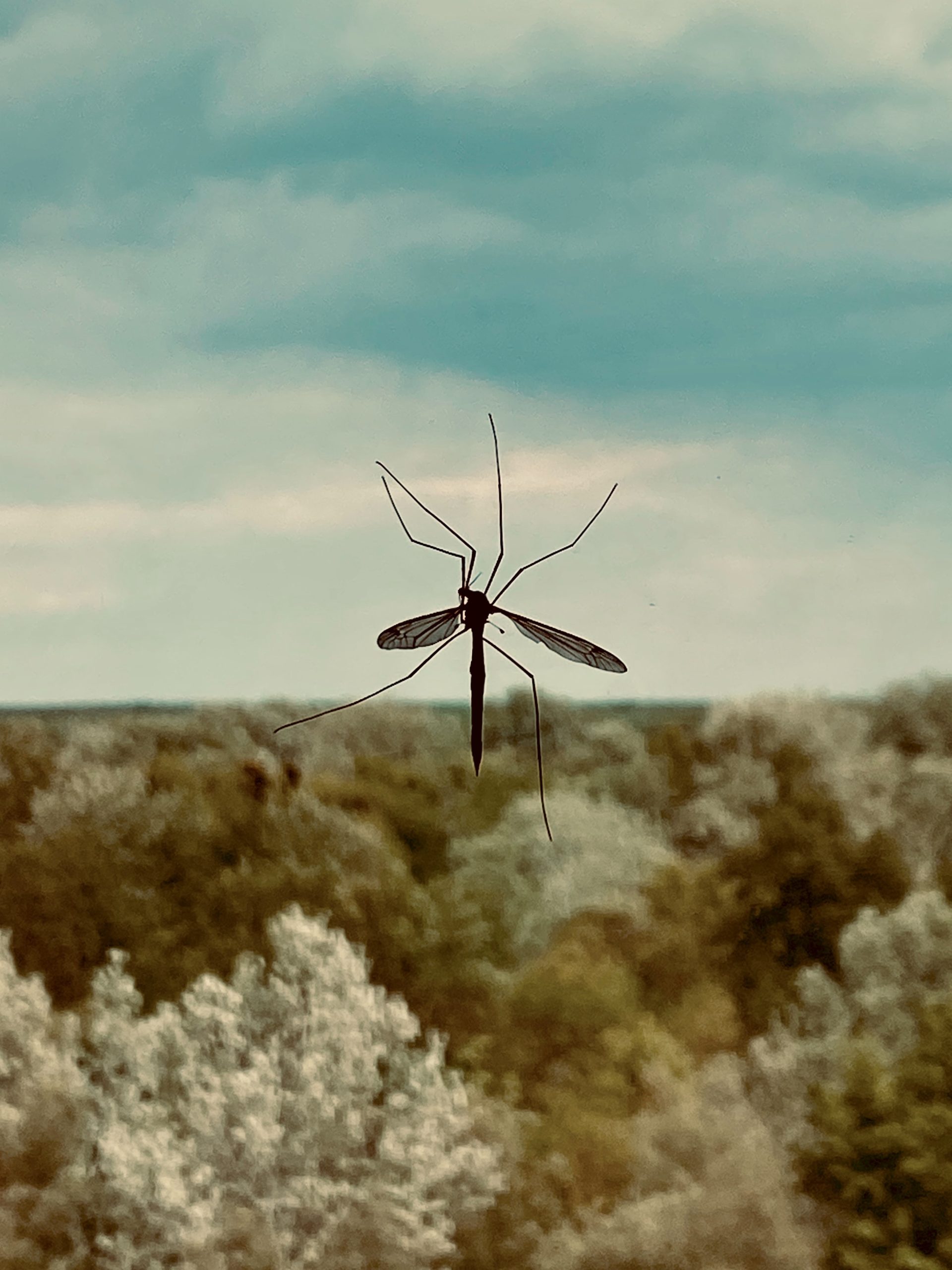
Climate change may play a role in delaying malaria eradication, according to researchers. Changes in temperature and rainfall patterns have been associated with the emergence of malaria in areas where it was previously absent in Ethiopia. Researchers from the London School of Hygiene and Tropical Medicine have confirmed the relationship between climate change and mosquito-borne diseases in a recent study.
According to their research, climate change could increase the number of people at risk from mosquito-borne diseases by over 3 billion, relative to the at-risk population between 1970 and 1979. As a result, countries heading towards elimination may never achieve their goal, and those declared free of the disease risk the return of malaria and other vector-borne diseases such as dengue. Even parts of Europe could see a re-emergence of mosquito-borne diseases such as malaria in the next few decades. Read more about their findings in this article featured in the Financial Times.
